
With or Without Justice
Economic disparity. Privilege. Police harassment. It's all the rage these days. Everyone, according to their own angle, is seeking that unicorn we all call justice.

Economic disparity. Professional exclusion. Police harassment.
It's all the rage these days.
Everyone, according to their own angle, is seeking that unicorn we all call justice.
We protest for it. We riot for it. We take stands in our family, among friends, in the office, even on the street for this high ideal.
Justice is important because it is one of the seven Noahide Laws, a Universal Commandment our Creator demands of every man on earth.
But can we live without it?
Justice for All
Why are we alive?
The Ramchal, in his masterpiece Path of the Just is very candid about our existence: We exist to perform mitzvot, to perform G-d’s commandments. We travel through this short life to accumulate as much Divine merit as we can to improve our eternity in the Next World.
The little we do in this world impacts the world forever.
If Hashem were just, He wouldn't restrict these opportunities for eternity to the select few: The rich. The white. The male.
The fact is He doesn't.
Anybody can pray. Anybody can walk into a synagogue, take out a siddur, and start praying to Hashem.
Anybody can talk to G-d. Whether sipping a cappuccino in a 34-bedroom estate or huddled inside a wet blanket trying to stay warm on the street, you can talk to G-d in your own language.
Anybody can have faith. Whether that cappuccino spills on your pants, or the wet blanket is stolen, you can close your eyes and say "This too is for the good!"
Justice as a Tool
First and foremost, justice is fairness.
If you do good, you should expect good things to happen. If you work hard, nothing else should stand in the way of your advancement. If you follow the law, how you dress, speak, or appear should have no bearing on the attitude of any law enforcement official who approaches you.
Justice is also encouragement.
If you know that your society is just, you have more incentive to follow the rules and do good. If you have doubts, you have less reason to choose the right path.
We pursue justice so we can live in a world that provides constant momentum to push us to Hashem and His Commandments.
Justice serves our true purpose – to accumulate mitzvot by serving G-d.
Justice when There is No Justice
What happens when there is no justice?
Everything becomes harder. On the surface, we see no reason to continue being human or to keep up with everyone else by behaving like savages.
Look beyond it and you see the greatest opportunities.
In a state of no justice, G-d is blessing us with the chance to serve Him with greater effort. It’s like one of those retirement accounts where every shekel you put into it, the company puts one in.
Every time we experience injustice and keep praying, talking to Hashem, and having faith that this is good because everything in His world is good – He matches the merit we accumulate with an additional measure of His own, or two measures, or three, or more.
Being “servant” to anyone, any class, any situation thrusts you forward into a battleground of belief.
You have the chance to soar where it really counts. The doer of injustice does not have that opportunity. He will be shocked to see that unless he makes changes himself, in the Next World, he will be the servant – most likely to the person or people he tormented – and it will be completely just.
The Ramchal warns us that unless we serve Hashem, the very people “beneath” us will be our masters.
Regardless of gender, color, nationality, or religion – justice or the lack of it will not prevent us from serving Hashem and fulfilling our mission in this earth.
All of us can do right in this world and ascend beyond the heights we delude ourselves into thinking only “people of privilege” have access.
That itself it the ultimate justice.
* * *
David Ben Horin lives in Afula with his wife and children. Since moving to Israel in 2002, David has discovered Torah, writing hi-tech, hiking, coding ReactJS Apps, and hearing stories about the Land of Israel from anyone excited to tell them.
Check him out on Highway 60 or email him your favorite Israel story at: david.ben.horin@spreadyourenthusiasm.com.


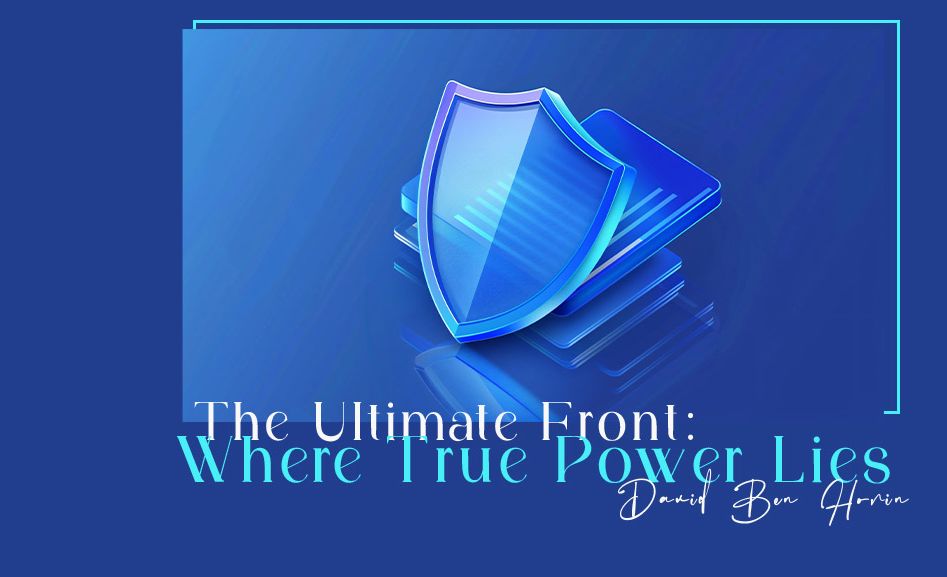
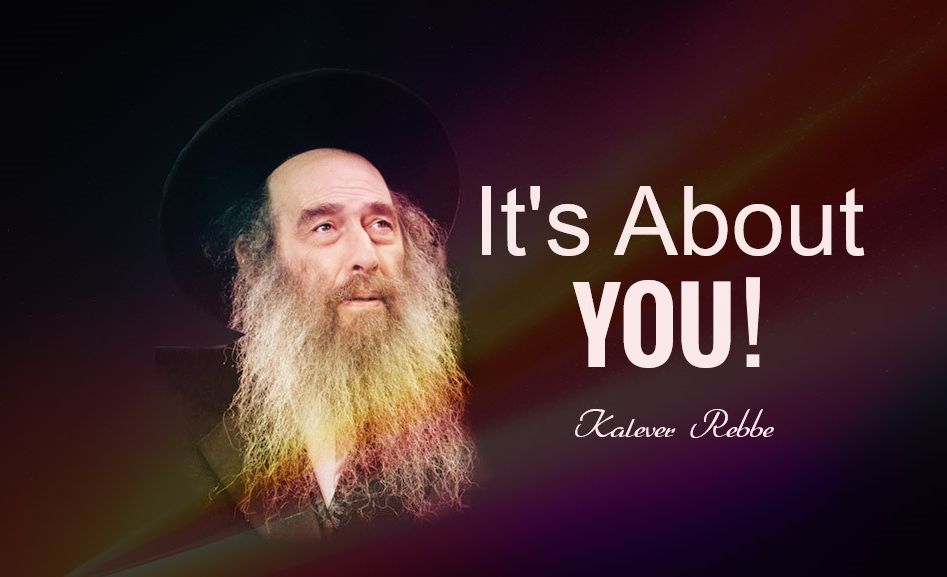
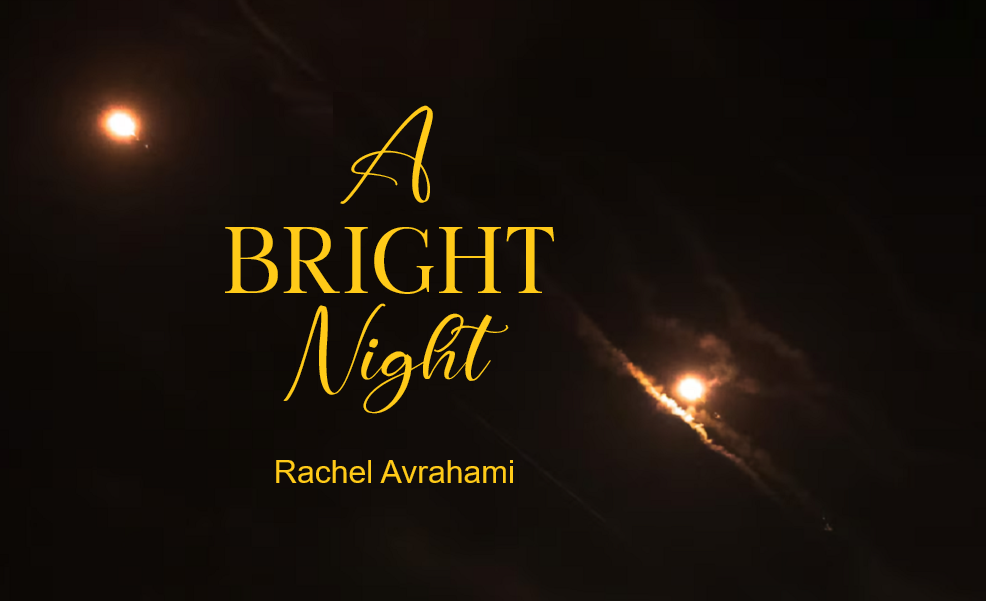
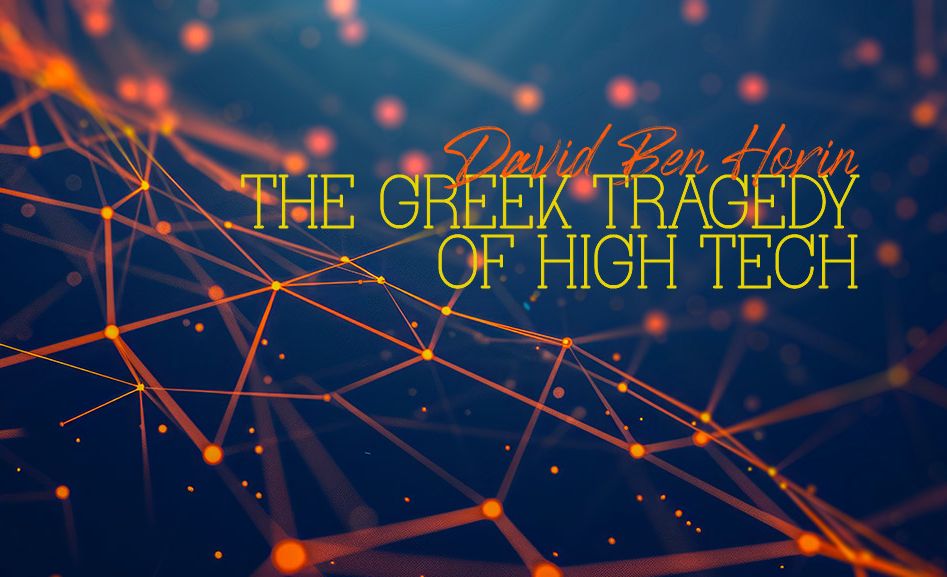
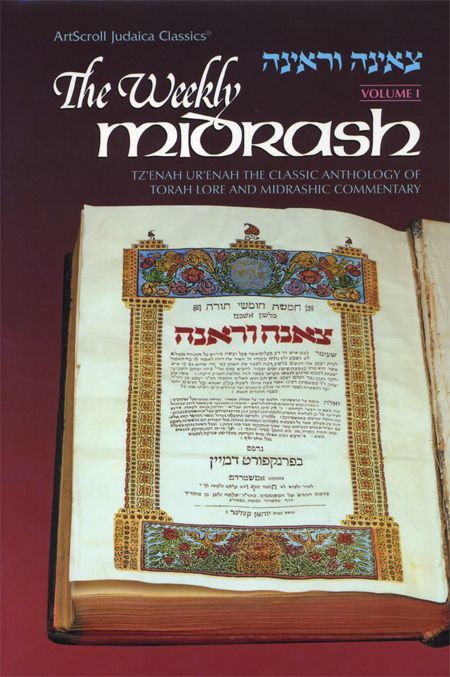

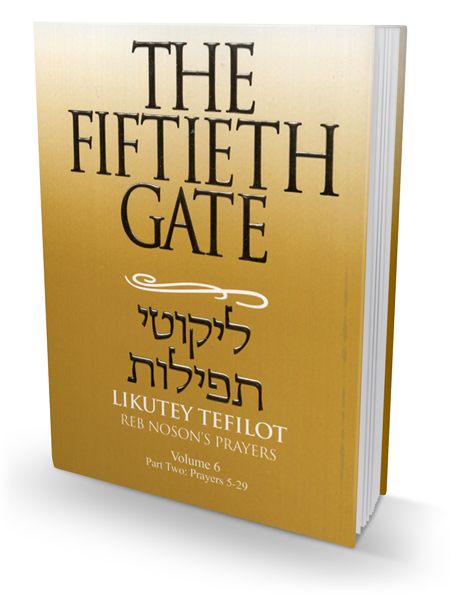
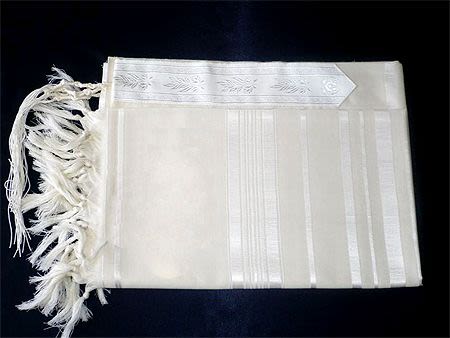

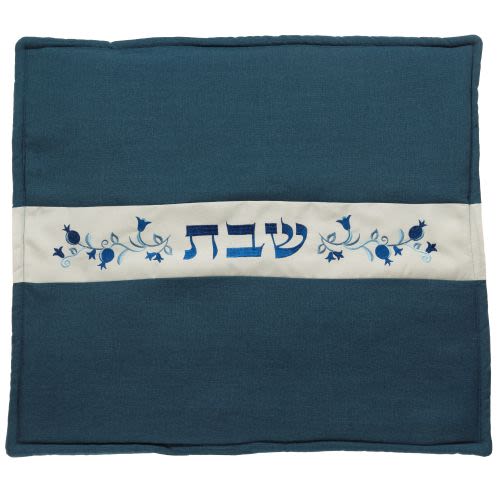
Tell us what you think!
Thank you for your comment!
It will be published after approval by the Editor.